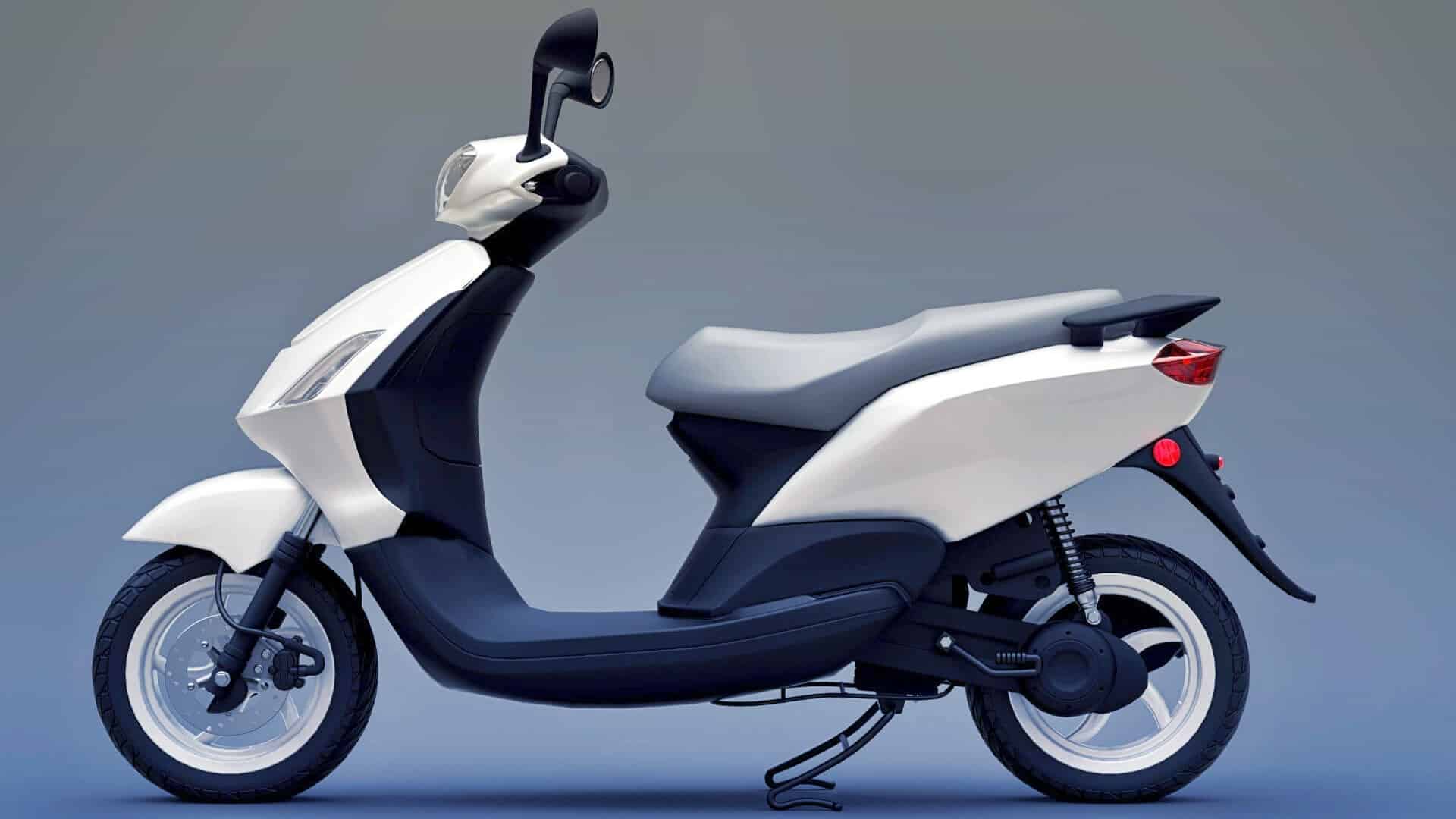Electric Vehicle
Electric two wheelers dominate E-vehicle sale in Delhi
Electric two-wheelers are seeing a mini-boom in the national capital, with their sale contributing 55 per cent of the total such vehicles registered since January this year, official data showed. According to government data, 10,707 electric vehicles were registered between January and March 14 this year, with 5,888 of them being e-two wheelers (e-bike and e-scooter).
The remaining 45 per cent registered electric vehicles are e-rickshaws, e-car, e-bus, electric light goods carrier, and e-carts. In January, 1,760 electric two wheelers were registered, while in February their number rose to 2,383. A total of 1,745 electric two wheelers were already registered till March 14. The trend shows that the demand of e-bikes and e-scooters is increasing in the city, which is a positive indicator in terms of shifting private transport from vehicles run by fossil fuels to those run on electricity.
Also read: No plans to introduce cryptocurrency: Govt
This is also because of the government’s dedicated efforts to create necessary charging infrastructure in the city, a government official told PTI requesting anonymity. Data showed that the number of e-cars have also increased in the national capital between January and March 14. In January, only 147 electric cars were registered in the city, a number that by the end of February rose to 205. Seventy electric cars were registered till March 14, 2022, the data said.
While only one electric bus was registered in January, the number rose to 12 in February. So far in March, five e-buses were shown registered in the data. The official said that the spurt in the e-vehicles’ sales came after government announced its EV Policy in August 2020. The policy talks about incentivising purchase of e-vehicles especially e-bikes, e-scooters, e-autos, and e-rickshaws. It provisions for a subsidy, capped at Rs 30,000, on purchase of e-two wheelers and e-rickshaws. The subsidy on e-cars have been stopped, the official said.
The EV policy also envisages a charging station every 3 kms in the city. The official said that in 2021, the share of electric vehicles, which also includes e-rickshaws, was slightly above 5 per cent of the total vehicles registered in the city. The figures of initial two-and-a-half months of 2022 are encouraging. We now hope that the share of e-vehicles in city’s total vehicle registration will further go up, the official said.
According to the government data, 1,022 e-rickshaws were registered in January, and 1,172 in February. As many as 586 e-rickshaws have been registered in March so far, the data showed. To boost electric vehicle charging infrastructure in the city, the Delhi government on Monday announced setting up of 100 e-vehicle charging stations across “prime locations” by June 27. These 100 charging stations will have 500 charging points. The charge for using the station facility will be Rs 2 per unit.
Delhi Power Minister Satyendar Jain on Monday said that out of these 100, nearly 70 will be set up at metro stations. Officials said that about 400 government and private owned charging points currently exist in the city. The Delhi government on Saturday had also launched an online portal ‘My EV’ for the purchase and registration of electric autos in the city. Officials said that this portal will provide five per cent interest rebate on the purchase of e-autos on loans under the Delhi Electric Vehicle Policy. The rebate will provide an additional incentive of Rs 25,000 over the Rs 30,000 incentive granted in form of subsidy.








































Pingback: Jewellery retailer Bluestone raises $30 mn from Sunil Munjal, others